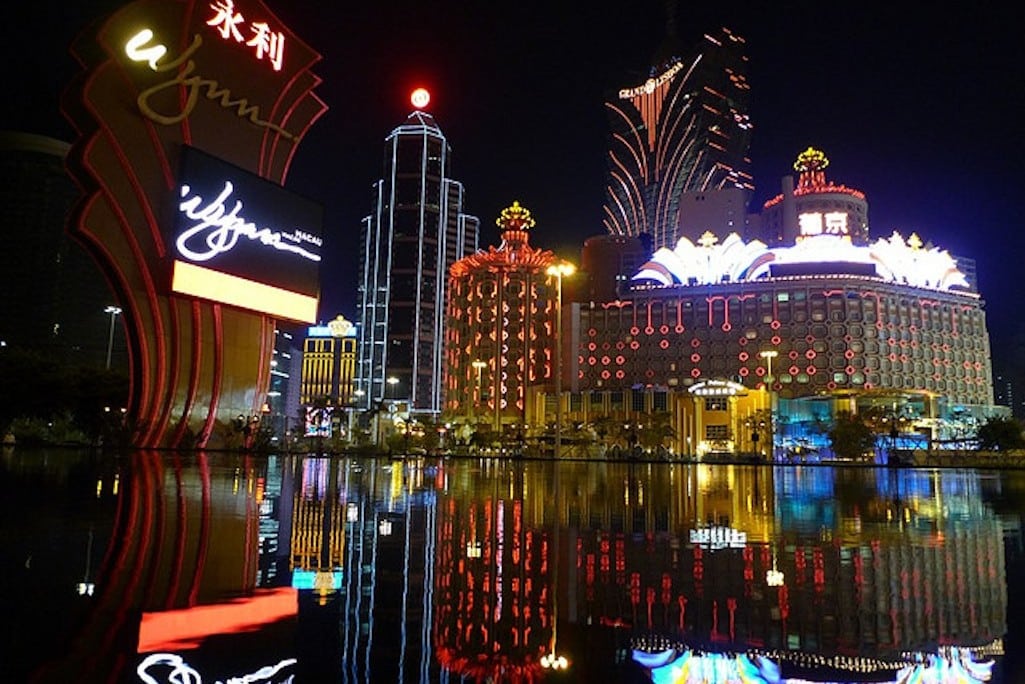Skift Take
Las Vegas' problems during last recession was symptomatic of the larger malaise in U.S., and it is still recovering, while Macau, while going through a bit of a slowdown, still has the huge Chinese pipeline coming.
Casino revenue in Macau climbed 13.5 percent last year to a record $38 billion, as the Asian gambling hub reinforced its position as the world’s biggest gambling market.
Gross revenue from Macau’s 35 casinos also hit a monthly record in December, rising 20 percent to 28.2 billion Macau patacas ($3.5 billion), according to data posted on the Gaming Inspection and Coordination Bureau on Wednesday.
But gambling revenue growth eased off in 2012 from the year before, when it rocketed 42 percent to $33.5 billion, as China’s economy slowed and wealthy mainland Chinese gamblers held back amid fears about a crackdown on corruption.
Analysts noted that the decline in Chinese high-rollers, who account for two-thirds of Macau casino revenue, has been offset by growing numbers of middle-class Chinese.
Chinese gamblers account for the bulk of visitors to Macau, a former Portuguese colony that returned to Chinese control in 1999. The semiautonomous region, an hour by ferry west of Hong Kong, is the only place in China where casino gambling is legal.
Despite the moderating growth, casino operators have pushed ahead with expansion plans in Macau, where companies such as Las Vegas Sands Corp. and Wynn Resorts Ltd. earn the bulk of their profits. Some 90 percent of Sands’ profit comes from Asia, including half from its Macau properties.
In October, MGM received approval to build a $2.5 billion casino resort, its second in Macau, while local operator SJM Holdings received land approval to build a 2,000-room hotel with 700 gambling tables. Earlier, Sands said it plans a Parisian-themed resort that would be its fourth casino project while Wynn unveiled plans for a $4 billion resort.
The new projects, which are expected to start opening by mid-2015 at the earliest, will be centered around the Cotai Strip, an area of reclaimed land between two islands that is modeled on the Las Vegas Strip.
Macau’s economy has boomed since it ended a four-decade casino monopoly in 2002. Gambling revenue there has now swept far past Las Vegas, where growth has been flat in recent years as the market has matured. Las Vegas revenue totaled $6.1 billion in 2011.
![]()
The Daily Newsletter
Our daily coverage of the global travel industry. Written by editors and analysts from across Skift’s brands.
Have a confidential tip for Skift? Get in touch
Tags: gaming, las vegas, macau
Photo credit: Night lights in front of Wynn Hotel in Macau. Kashmut / Flickr.com
